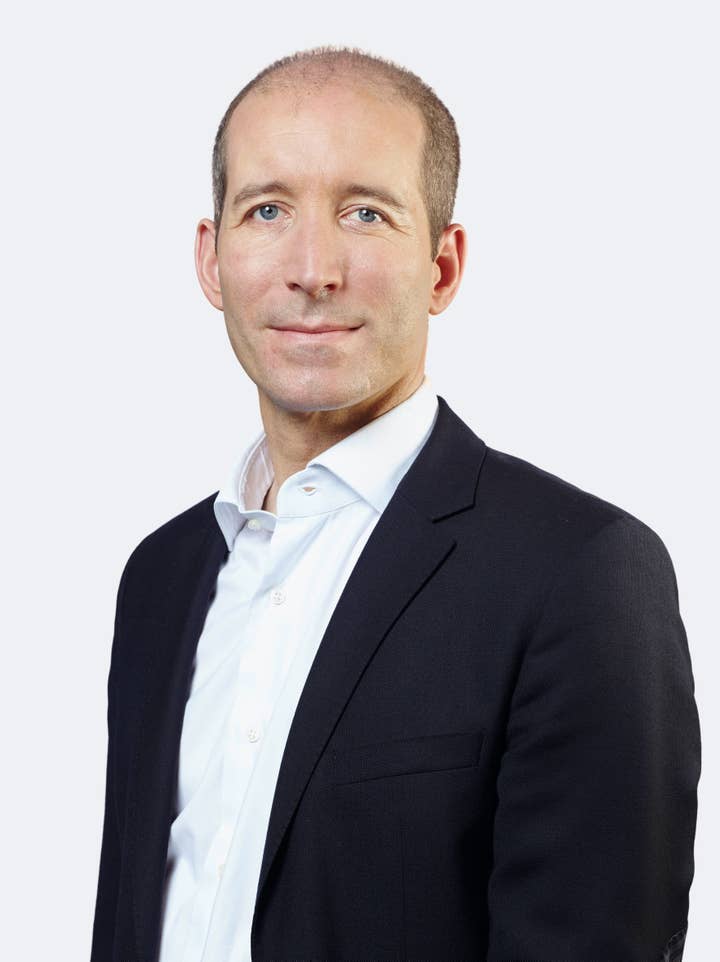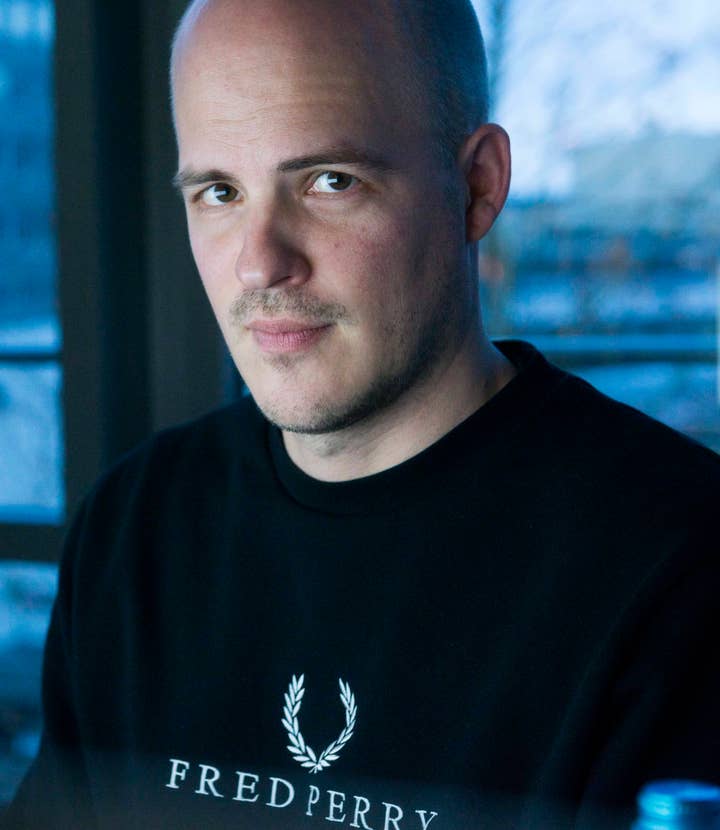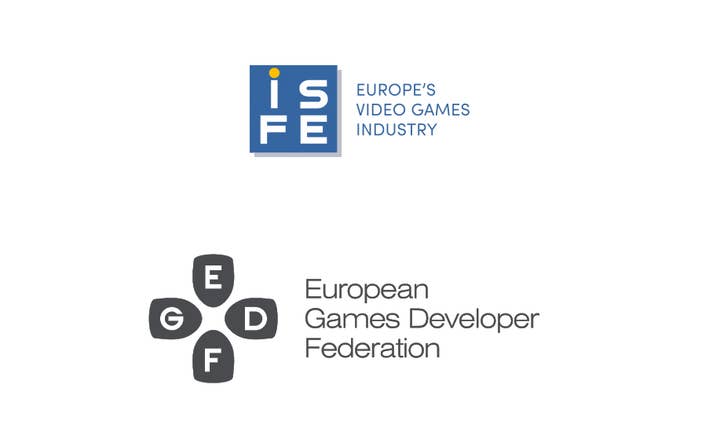Diversity is key to our industry's success | Opinion
The EGDF and ISFE share their commitment to keep doing better
With 51% of Europe's population and more than 2.2 billion people around the world playing video games, driving diversity and inclusion in the sector is not only commercially imperative, it is the socially responsible thing to do -- the right thing to do.
The video game industry is unique: nowhere else do so many people from so many different backgrounds come together to play, to experience stories together or compete with one another.
If the games we make do not represent society, the sector will not grow and our innovations and opportunities to help people connect will have less impact. We need our players to relate to our games, whatever their race, gender, orientation, religion or skin colour -- and for games to be diverse, the people who make, publish and market them need to be diverse too.
If the games we make do not represent society, the sector will not grow and our innovations and opportunities to help people connect will have less impact
Regulators are rightly keen to drive the debate. Here in Brussels, the European Commission has published its gender equality strategy and we expect a legislative proposal on Binding Pay Transparency measures to tackle the gender pay gap.
Then we have guidelines on how to improve employment of LGBTIQ+ people. The UKIE diversity census from 2020 shows in fact that 21% of people working in the UK games sector identify as LGBTIQ+.
We are also expecting a report on the Employment Equality Directive this year and the European Commission's AI proposal addresses the risk of "inherent bias in AI systems" to avoid discrimination.
While the regulatory route is one way to drive diversity, we want our industry to lead by example.
To name just a few examples: Twin Drums, CapGame, Paint Bucket Games, Die Gute Fabrik, Silver Rain Games, the Pixel Hunt, Food for thought -- Europe is the home of a number of pioneering and underground indie game developers pushing diversity and gender equality forward both on the screens and behind the keyboard.
Also big global companies are making great progress: at Electronic Arts, 50% of the studios' leadership team are women; and King has introduced a targeted internship scheme that has brought 21 new women into full-time jobs in the games industry.

Diversity of content is also crucial: in 2020, the number of protagonists who are women in games (announced at the E3 industry event) rose to 20% -- up from 9% in 2019. ISFE's member trade associations in Germany, the UK and France have launched national initiatives to accelerate this work: UKIE published the first ever industry census on diversity in the UK, a pledge and the #RaiseTheGame campaign and SELL in France published a diversity charter.
AEVI in Spain is also working on its own national diversity pledge. Our joint member game in Germany launched its Diversity Guide, and "Hier spielt Vielfalt" initiative. A number of EGDF member associations and initiatives connected with them like Neogames Finland, Interactive Denmark and Romanian Game Developer Association have introduced codes of conduct for building safer, more inclusive and diverse game developer communities.
This is just a tiny snapshot of initiatives that are taking place industry-wide. To share best practice across our membership, to ensure the industry's voice is heard and to develop a common measurement for diversity data across Europe, ISFE and EGDF have launched a new Diversity Group that met for the first time this January.
Last year, ISFE became a corporate ambassador of Women In Games with the objective of helping ISFE and EGDF to champion gender equality in the games sector across Europe. There is much yet still to do, but we are strong in our commitment to keep doing better.
We know that the key to diversity in the workplace is to foster inclusive working environments for all. Talent comes in all colour, race, genders and orientation, but we will only attract the best talent if everyone knows they will feel comfortable and accepted -- and every company needs to ask itself if it is doing enough to create and sustain that environment and to communicate to the under-represented groups -- not just to those already interested and engaged.

Europe's video game industry should create opportunities for women and other under-represented groups already in the industry to be positive role models, to be vocal and visible and be a driving force. In fact, every executive invited onto a platform should make it a priority to discuss diversity.
However, it is not enough for the industry to act alone, society has a part to play of course -- not all families value the medium of video games as a valid career path. Not all parents will encourage children with IT and creative talent into the sector. We face challenges. But we know that, for example, 45% of video game players in Europe are women and that girls who play video games are three times more likely to engage in a STEM degree than those who don't play.
The EU has an opportunity to make the video games industry one of the future-proof industries, a European growth and success story through various instruments. For example, the Digital Education Action Plan is a tool that can encourage member states to introduce coding inside -- and outside -- the classroom.
The European Skills Agenda can further enhance investments made in professional games education all over Europe, helping to build an inclusive clear career path for many to the games industry. Europe's Media in the Digital Decade Action Plan will hopefully widen the focus of its diversity to actions from people behind the camera to people behind the keyboard.
We also encourage local action for a more inclusive and diverse European game development ecosystem including investment in more game development as a hobby for all and investment in inclusive incubators, accelerators and public seed funding so that there are more ways for anyone to create a first-round games industry start-up.
The irony is not lost on us that we are two white men writing about diversity -- although Hendrik is one quarter Indonesian -- so looks can be deceiving and we are all probably more diverse than we realise... The important thing, however, is that we are committed to championing every single person who has an interest in or talent for video games and to bringing the European video games industry together to optimise our efforts, resources and, ultimately, our results.
We need to live it, show it, do it. We are a global industry. We are a global family. As a sector, we need to shout it from the rooftops that everyone with the right skillset and talent is welcome.
Hendrik Lesser is the president of the European Games Developer Federation and CEO at Remote Control Productions. Dr. Olaf Coenen, is chairman at the Interactive Software Federation of Europe and vice president international at Electronic Arts.
